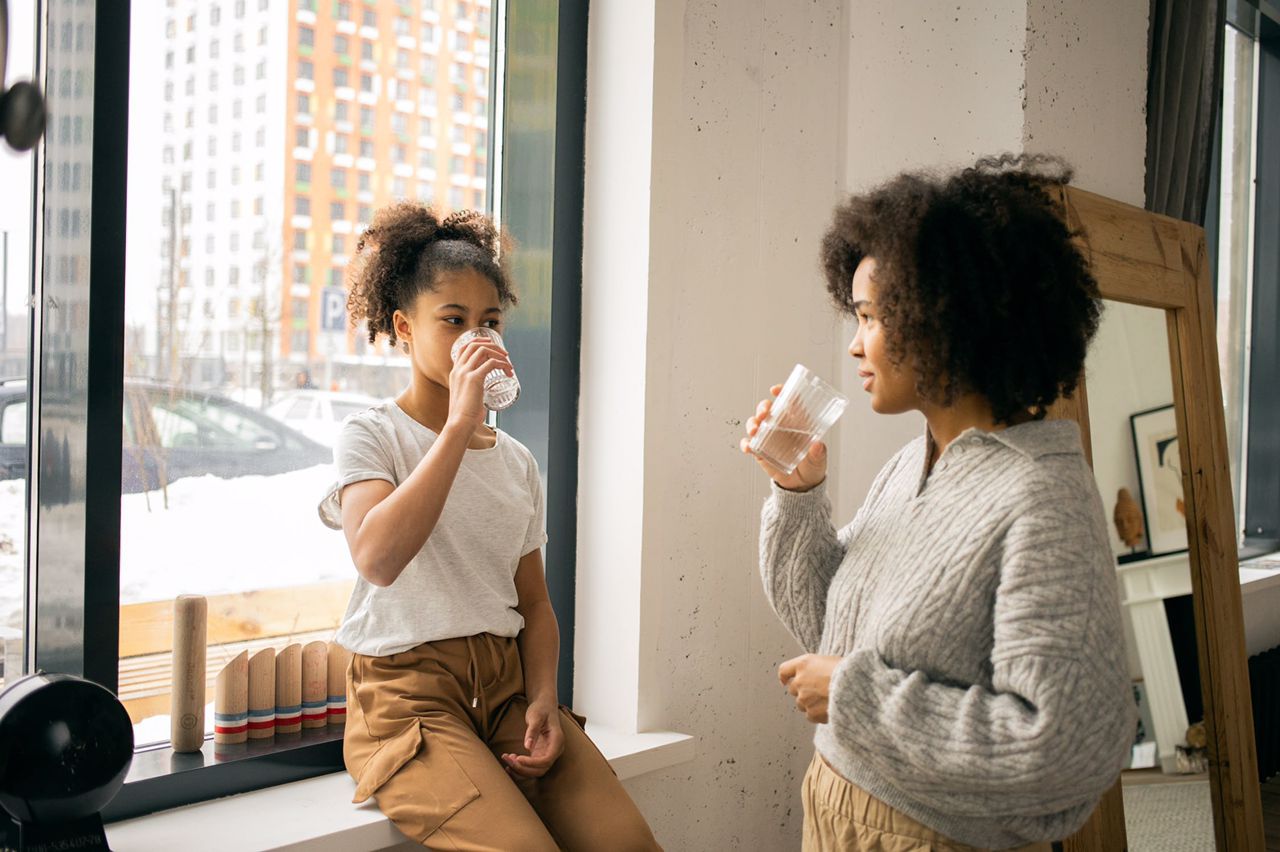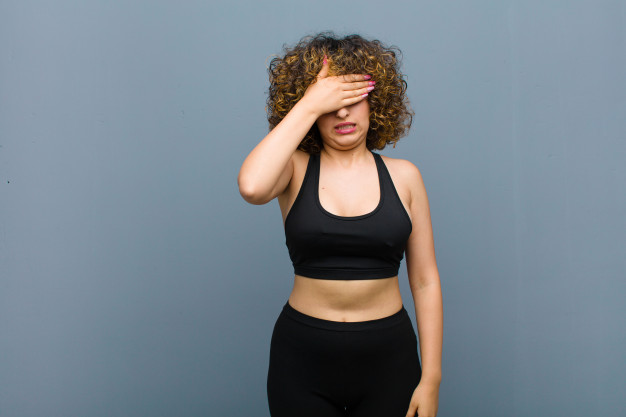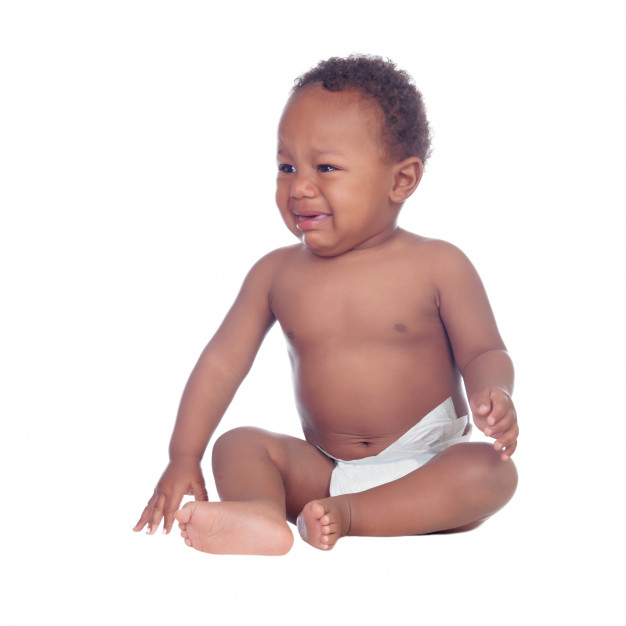
Dehydration happens when your body doesn’t have as much water as it needs. Without enough water, your body can’t function properly. The levels of dehydration vary according to degrees. You can have mild, moderate, or severe dehydration depending on how much fluid is missing from your body.
What causes dehydration?
It’s normal to lose water from your body every day by sweating, breathing, peeing, and pooping, and through tears and saliva (spit). Usually you replace the lost liquid by drinking fluids and eating foods that contain water. If you lose too much water or don’t drink and eat enough, you can get dehydrated.
You can lose more water than usual with:
A fever, diarrhea, vomiting, excessive sweating, peeing a lot (Diabetes and some medications like water pills — also called diuretics — can make you pee more often.)
It is easy to think you can drink water whenever you feel like, but it will interest you know that you may not replace the water you lose because:
- You’re busy and forget to drink enough.
- You don’t realize you’re thirsty.
- You don’t feel like drinking because you have a sore throat or mouth sores, or you’re sick to your stomach.
Signs of mild or moderate dehydration include:
Thirst, dry or sticky mouth, not peeing very much, dark yellow pee, dry, cool skin, headache, muscle cramps
Signs of severe dehydration include:

Not peeing or having very dark yellow pee, very dry skin, feeling dizzy, rapid heartbeat, rapid breathing, sunken eyes, sleepiness, lack of energy, confusion or irritability, fainting.
Symptoms for babies and young children can be different than for adults:

Their symptoms include; Dry mouth and tongue, no tears when crying, dry diapers for 3 hours, sunken eyes, cheeks, soft spot on the top of the skull, sleepiness, lack of energy, or irritability.
Severe dehydration is a medical emergency and needs to be treated immediately.
Who’s at risk of dehydration?
- Anyone can get dehydrated, but the odds are higher for some people:
- Babies and young children are the most likely to have severe diarrhea and vomiting, and they lose the most water from a high fever. The youngest can’t tell you they’re thirsty or get their own drink.
- Older adults often don’t realize they’re thirsty. If they can’t get around very well anymore, they may not be able to get a drink easily or may not be able to take in enough fluids due to medical conditions.
- People who are ill with a cold or sore throat may not want to eat or drink.
- People with a chronic disease such as type 2 diabetes can pee a lot if the disease is uncontrolled. They also may take medicines such as water pills, which make them, go more often.
- People who are active outside in hot and humid weather sometimes can’t cool down effectively because their sweat doesn’t evaporate. This can lead to a higher body temperature and need for more water.
So it is very advisable you avoid a trip to the doctor by drinking a lot more water. That being said, how about you go grab a glass of water right now? Or three glasses maybe?

